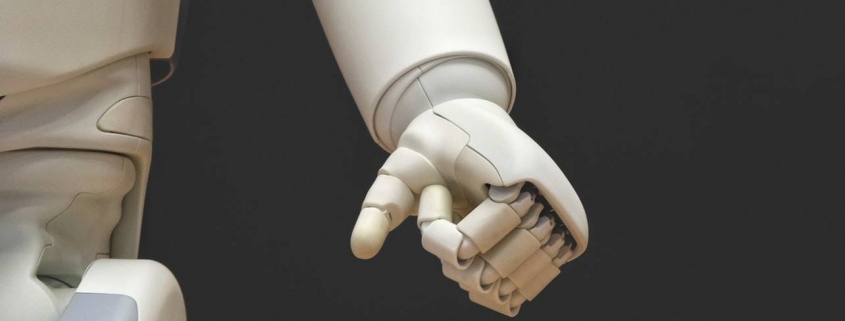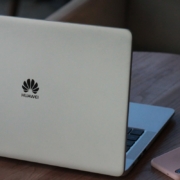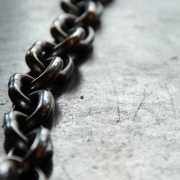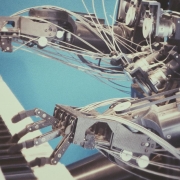As artificial general intelligence, the merge, and other AI breakthroughs previously confined to SciFi inch closer to reality, we are going to have to start having serious discussions about their rights. Specifically, their right to claim ownership has recently been in the news. A group of scientists based at the University of Surrey has successfully filed the first patent application for inventions created without a human inventor being involved.
AI pioneer Stephen Thaler has created an AI named DABUS (Device for the Autonomous Bootstrapping of Unified Sentience) specifically to think of new ideas, two of which include a specially designed food container that can be easily handled by robots and an alarm lamp which flashes in a rhythm that is difficult to ignore.
Academics from the University of Surrey have teamed up with Thaler and intellectual property (IP) rights lawyers to file the patent in the UK in a bid for it to be attributed to DABUS.
A spokeswoman from the European Patent Office said that changing the law to allow non-human entities to legally author patents would create a wealth of problems.
“It is a global consensus that an inventor can only be a person who makes a contribution to the invention’s conception in the form of devising an idea or a plan in the mind,” she explained.
“The current state of technological development suggests that, for the foreseeable future, AI is… a tool used by a human inventor.”
Ryan Abbott, one of the law professors at the University of Surrey that joined the DABUS project, disagrees.
He says that “”Artificial intelligence has been generating inventive output for decades, and now the continued and exponential growth in computing power is poised to take creative machines from novelties to major drivers of economic growth”.
It looks likely that AIs will soon be able to fulfil the patent criteria set by the Europen Patent Office. Whether they will accept them remains to be seen.










Leave a Reply
Want to join the discussion?Feel free to contribute!